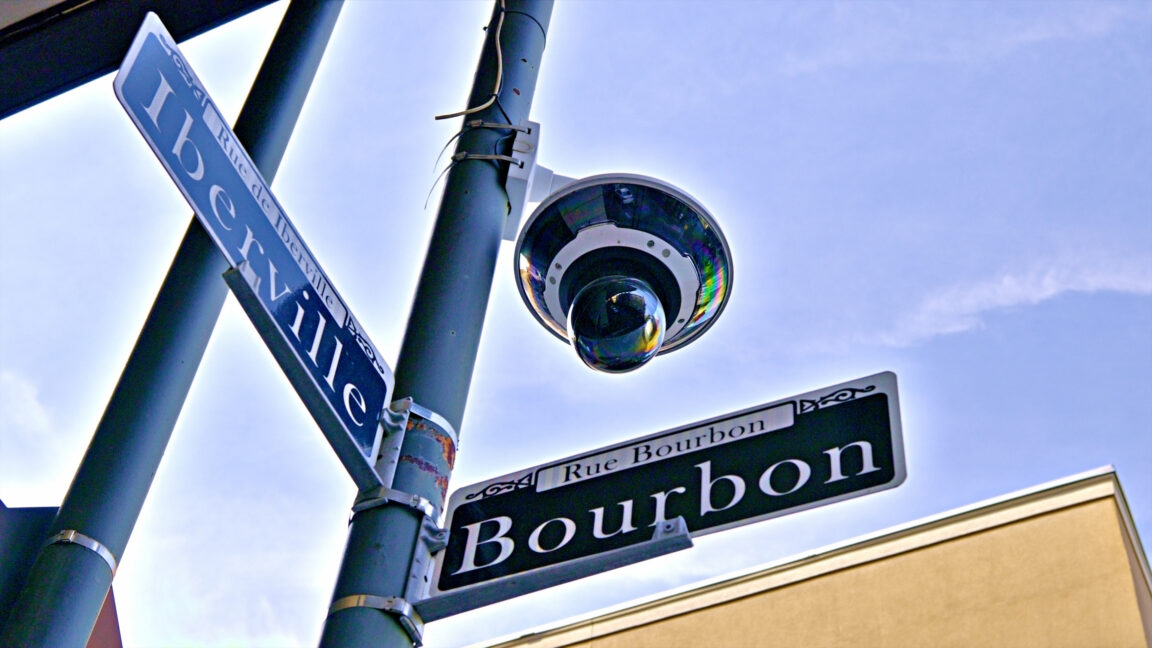Introduction to Facial Recognition Technology
The city of New Orleans has been using a network of facial recognition cameras, known as Project Nola, to aid in law enforcement. However, the effectiveness and responsible use of this technology have been called into question.
Concerns Over Misidentification
According to police records, the network "only proved useful in a single case." This raises concerns about the potential for misidentification of suspects, and what steps police are taking to ensure responsible use of the live feeds. The investigating team suggested that we may never know how many suspects were misidentified due to the lack of transparency.
Live Feeds and Immediate Arrests
New Orleans stands out for taking a step further than law enforcement in other regions by using live feeds from facial recognition cameras to make immediate arrests. In contrast, four states—Maryland, Montana, Vermont, and Virginia—and 19 cities nationwide "explicitly bar" the practice. The Security Industry Association highlighted these discrepancies.
How the System Works
Lagarde told the Post that police cannot "directly" search for suspects on the camera network or add suspects to the watchlist in real time. Reese Harper, an NOPD spokesperson, stated that his department "does not own, rely on, manage, or condone the use by members of the department of any artificial intelligence systems associated with the vast network of Project Nola crime cameras." This raises questions about the actual usage and oversight of the system.
Effectiveness and Wrongful Arrests
In a federally mandated 2023 audit, New Orleans police complained that complying with the ordinance took too long and "often" resulted in no matches. This could mean the tech is flawed, or it could be a sign that the process was working as intended to prevent wrongful arrests. At least eight Americans have been wrongfully arrested due to facial recognition, highlighting the risks of rushing arrests when both police and AI software are involved.
Criticisms and Privacy Concerns
Critics argue that the adoption of this system, without safeguards and transparency, poses a tremendous threat to privacy and security. "By adopting this system–in secret, without safeguards, and at tremendous threat to our privacy and security–the City of New Orleans has crossed a thick red line," said Wessler. "This is the stuff of authoritarian surveillance states and has no place in American policing."
Conclusion
The use of facial recognition technology in law enforcement raises significant concerns about privacy, security, and the potential for misidentification. While the technology may have its uses, it is crucial that its implementation is transparent, regulated, and subject to safeguards to prevent abuse and ensure that the rights of citizens are protected.
FAQs
- Q: What is Project Nola?
A: Project Nola is a network of facial recognition cameras used in New Orleans to aid in law enforcement. - Q: How many cases has the network proven useful in?
A: According to police records, the network has only proven useful in a single case. - Q: What are the concerns regarding the use of facial recognition technology?
A: Concerns include the potential for misidentification, lack of transparency, and the threat to privacy and security. - Q: Have there been instances of wrongful arrests due to facial recognition?
A: Yes, at least eight Americans have been wrongfully arrested due to facial recognition. - Q: What do critics say about the adoption of this system in New Orleans?
A: Critics argue that the system poses a significant threat to privacy and security and has no place in American policing.











